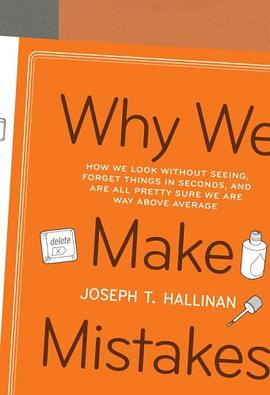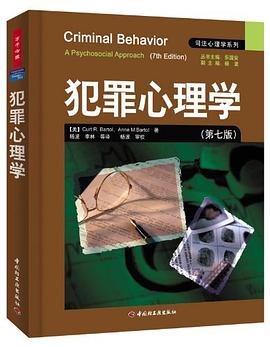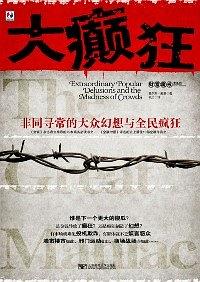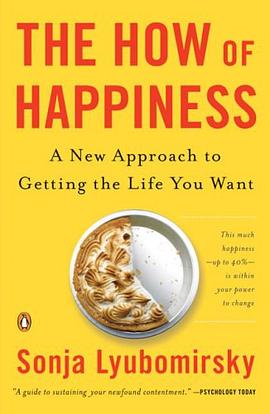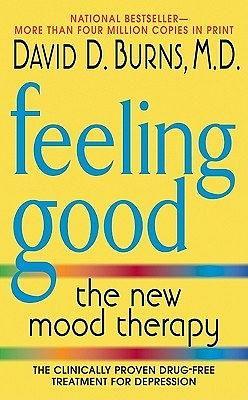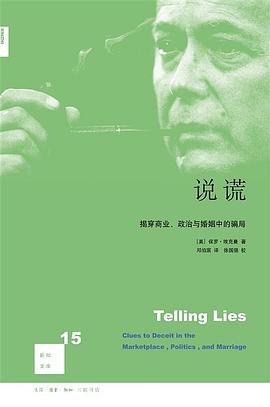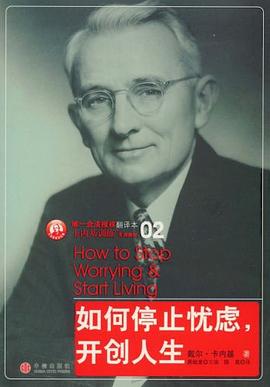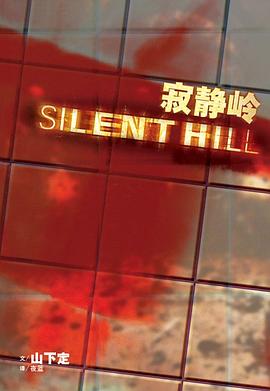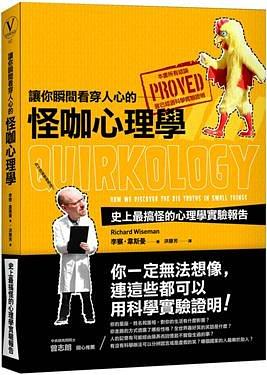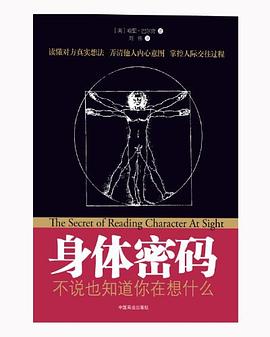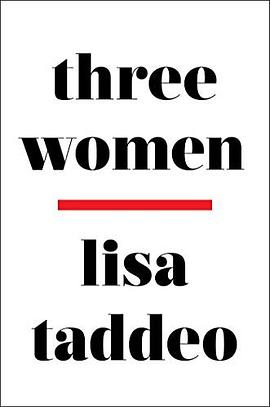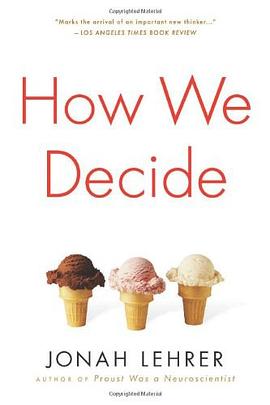

具體描述
Product Description
The first book to use the unexpected discoveries of neuroscience to help us make the best decisions.
Since Plato, philosophers have described the decision-making process as either rational or emotional: we carefully deliberate, or we blink and go with our gut. But as scientists break open the mind's black box with the latest tools of neuroscience, they re discovering that this is not how the mind works. Our best decisions are a finely tuned blend of both feeling and reason and the precise mix depends on the situation. When buying a house, for example, it s best to let our unconscious mull over the many variables. But when we re picking a stock, intuition often leads us astray. The trick is to determine when to use the different parts of the brain, and to do this, we need to think harder (and smarter) about how we think.
Jonah Lehrer arms us with the tools we need, drawing on cutting-edge research as well as the real-world experiences of a wide range of deciders from airplane pilots and hedge fund investors to serial killers and poker players.
Lehrer shows how people are taking advantage of the new science to make better television shows, win more football games, and improve military intelligence. His goal is to answer two questions that are of interest to just about anyone, from CEOs to firefighters: How does the human mind make decisions? And how can we make those decisions better?
著者簡介
About the Author
Jonah Lehrer is editor at large for Seed magazine and the author of Proust Was a Neuroscientist (2007) and How We Decide (February 2009). A graduate of Columbia University and a Rhodes Scholar, Lehrer has worked in the lab of Nobel Prize winning neuroscientist Eric Kandel and has written for the New Yorker, Wired, Boston Globe, Washington Post, and Nature, and writes a highly regarded blog, The Frontal Cortex. Lehrer also commentates for NPR s Radio Lab.
圖書目錄
讀後感
一 【我们该听从直觉还是分析?】 答案是,取决于情景。知道哪种方法最适合哪种情景,不仅有用,而且好玩。 作者是位讲故事的大师,也是新神经科学的启蒙者之一,从以往的作品就可以看出,西方更喜欢用一种科学的态度去钻研这些玩意儿,做调研、列数据、摆事实、讲道理。...
評分 評分 評分首都图书馆要举办图书交换大集,打算把这本书换出去,于是匆匆在地铁上看完。 感觉这书还是很不错的,值得仔细琢磨。 有几个结论和我生活中的所见所得相关,写下来大家分享。 1 如果你家里吃饭时每道菜的菜量都特别大,明显家人吃不下的时候,你就要考虑是不是炒菜锅太大了...
評分思维导图: http://www.douban.com/photos/photo/1495156166/ 下载:http://dl.dbank.com/c0y34uwhza 首先讲下这本书的翻译。这本书的翻译是由丁丹完成的,我没有读过原著,但可以感觉到这种翻译方式是再创作的翻译方式,读起来十分的流畅。 引言&结语 1、 本书的目的在于回...
用戶評價
無敵好書,值得反復閱讀。
评分非常流暢和娛樂,唯一的缺點是太過顯淺,例子大多我都知道,而且講的比這本書還深,不過對於初學者來說是很好的選擇
评分重復訓練把技能編程進大腦成為本能;直覺&&本能PK邏輯&&理性;always think about thinking && learning from errors
评分看這本書最大的收獲在於我重新認識瞭情感在判斷和決定中的重要作用。很多時候並不是光有理性分析,一切事情就會有所解決。情感作為潛意識大冰山的水上一角,是讓我們做齣快速也是最佳決定的重要因素。沒有情感的協作,比如反社會人格(可以辨識情感,無法有同情心),孤獨癥(有同情心,但辨識情感睏難)都在人際交往和社會生活中存在嚴重障礙。神奇的多巴胺會從經驗中一次次體驗齣最佳方案,並在適當的時候通過情感感應給齣最佳決定的提示。當然情緒高昂的時候也有失控的時候,比如賭博上癮,信用卡購物上癮,或者抑鬱癥導緻前額葉皮層歇菜。所以讓兩個係統達到平衡,有準確的直覺和完善的理性分析,我們纔能做齣對自己最好的決定。當然這些也是通過練習來強化的,練習也就包括不斷犯錯誤,並分析錯誤得齣教訓,下次纔能進步。
评分非常流暢和娛樂,唯一的缺點是太過顯淺,例子大多我都知道,而且講的比這本書還深,不過對於初學者來說是很好的選擇
相關圖書
本站所有內容均為互聯網搜索引擎提供的公開搜索信息,本站不存儲任何數據與內容,任何內容與數據均與本站無關,如有需要請聯繫相關搜索引擎包括但不限於百度,google,bing,sogou 等
© 2025 book.quotespace.org All Rights Reserved. 小美書屋 版权所有

